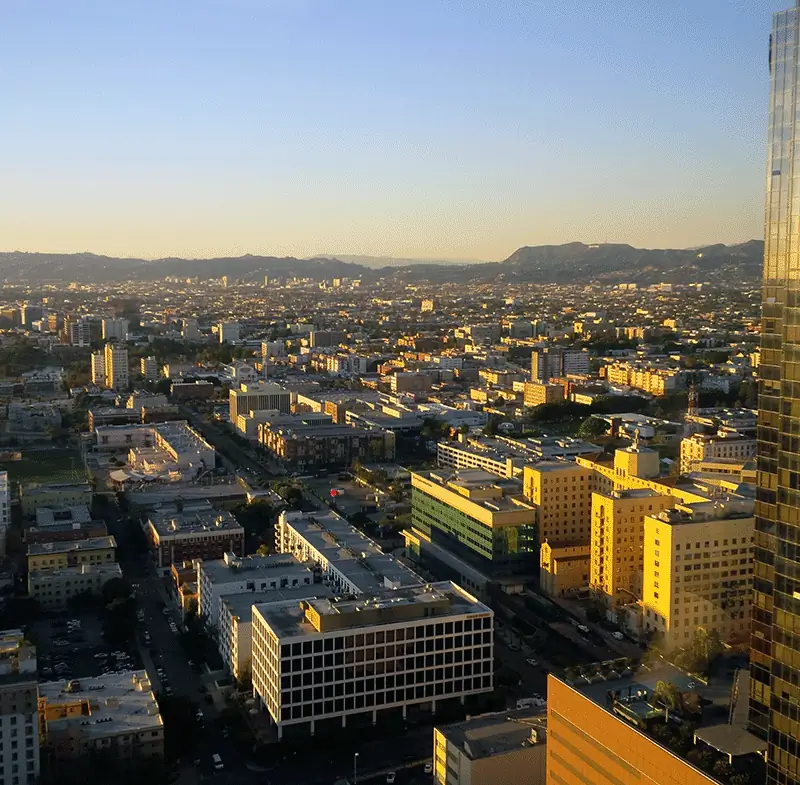


Foreign born workers represent more than 30% of the California workforce. California workers come from Mexico, the Philippines, China, Vietnam, and India in this order and in the highest numbers. Considerably more than 40 % of our technology and science workers are foreign born.
Besides coming from many different countries, the California workforce ranges from ages 15-75. This means there are a lot of different workers born at a lot of different times. When and where somebody grew up usually shapes their cultural morals and tolerances.

There are a lot of employees in the California workforce from a lot of different backgrounds. It is important that workers and managers of all ages, genders, and origins make a serious attempt to understand what is appropriate and what is not appropriate in California to persons from all walks of life. Workplace conduct that was appropriate in 1964 may no longer be appropriate now. Likewise, what is acceptable in the workplace in Sweden or Mexico does not necessarily set the bar for what is legal in the current California workplace.
Employees who have suffered harassment or discrimination based upon ancestry, ethnicity, national origin, or race should contact our experienced employee lawyers at (909) 663-2100 before it is too late. Claims must be brought within one year of when the conduct stops in order to utilize the remedies of the Fair Employment and Housing Act.
California does not have a homogeneous workforce. The varying backgrounds of California workers has the potential to create a lack of understanding. A lack of understanding may lead to a lack of tolerance. Lacks of tolerance and lacks of understanding may lead to racial harassment or discrimination at work.
Conduct that is offensive based upon one’s ancestry, ethnicity, national origin, or race is illegal under the Fair Employment and Housing Act (FEHA). We have recently witnessed an uprise in employment discrimination cases based upon ancestry and ethnicity. Thus, an employment lawsuit does not merely have to be racially offensive. If the conduct is offensive based upon ancestry or ethnicity it may also be a case. Lawsuits based upon unkind comments about one’s ancestry, ethnicity, national origin, or race can lead to damage recoveries for past lost wages, future lost wages, emotional distress, punitive damages, and the employer having to pay the employee’s legal fees.
Recently the Employment Lawyers Group has obtained the following settlements in cases involving race or national origin:
Please give us a call at (909) 663-2100 if you were the victim of inappropriate racial remarks at work.
Viable employment related race discrimination cases involve either harassment based upon improper racial slurs, or a job termination following a complaint about racism. Cases in which people believe they were not promoted or hired due to race are difficult to prove, and not the type of cases employee lawyers usually take on a contingency. It is also important to distinguish between feeling like one has been discriminated against at work and there being the type of evidence a court would admit.
If a supervisor or manager has uttered inappropriate remarks based upon ancestry, ethnicity, or race harassment exists. If these comments were witnessed the case might be a strong one. If the employee complains about the inappropriate comments and is fired within a short time after the complaint by the same manager or supervisor they complained about the case sounds good. Employees who wish to sue, but they themselves engaged in ethnical slurs or racial stereotyping may have a more difficult case.

It is important to be able to link adverse employment actions to complaints. Job terminations done by persons other than the harasser, who lack a connection to the harasser, might not be the best cases. Cases of inappropriate epithets said one year and then nothing again for two years lack the continuity required for a pattern of pervasive racial harassment. Remarks that can be taken two ways may not be as strong as cases involving remarks that clearly only have one meaning.
Only a qualified race discrimination lawyer can evaluate whether the employee has the goods to sue. Cases that are not there should not be brought.
Call (909) 663-2100 to find out if you have a viable case against your employer.
We have offices in Ontario, Riverside, Tustin, Downtown Los Angeles, Sherman Oaks, and many others.